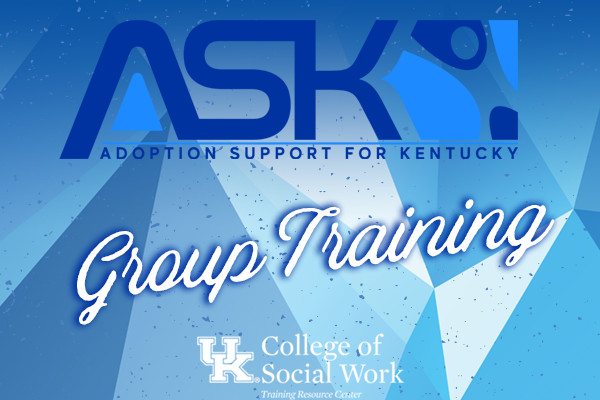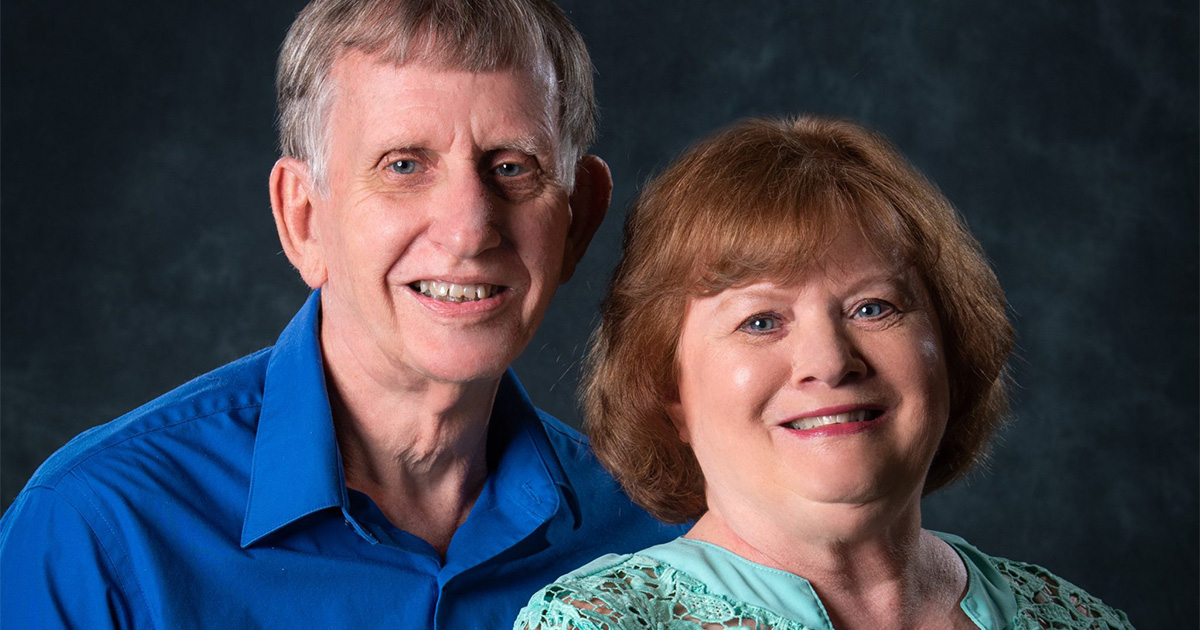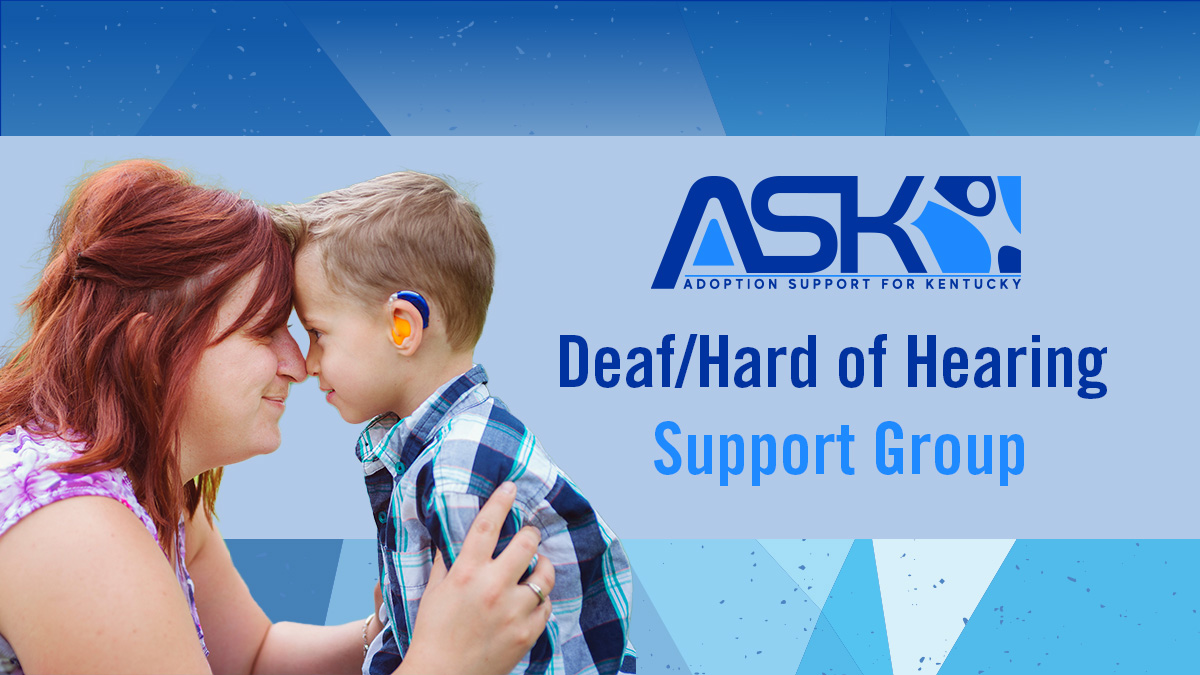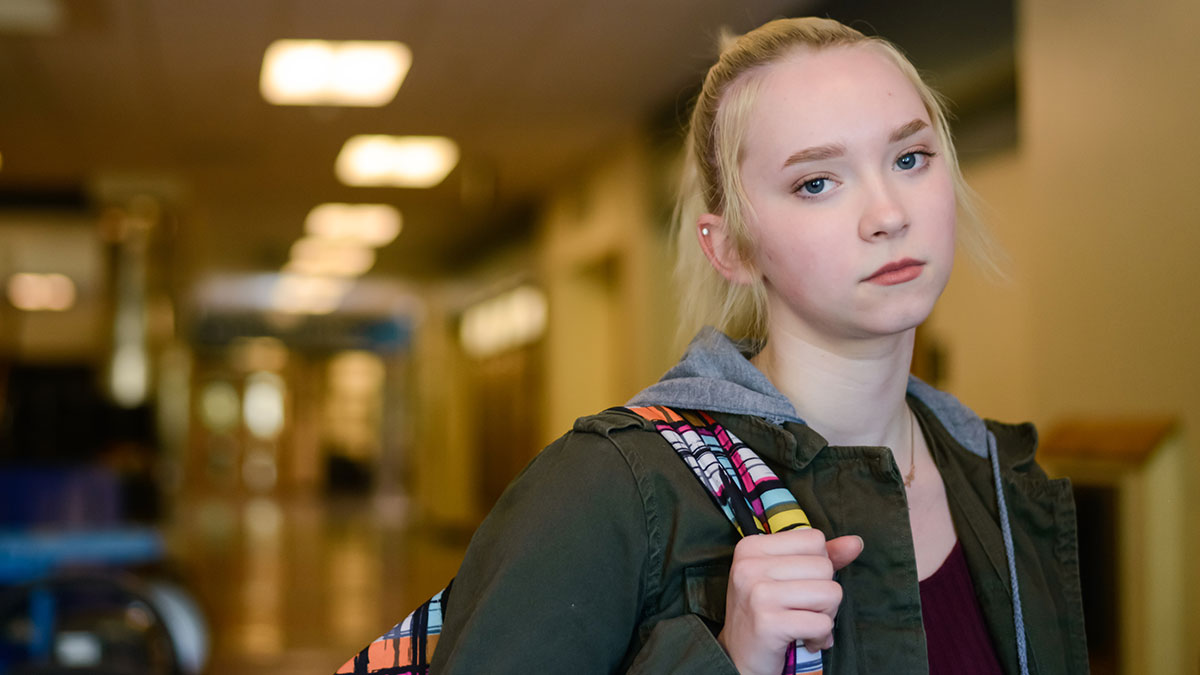What is an alternative learning environment, and who attends school in these settings? A quick Google search can answer this and more about alternative learning environments and attendees. However, little is known about the caregivers of these students–the parents, grandparents, and guardians whose lives are significantly impacted by their patterns of school difficulty.
Alternative learning environments are often the last shot at education for students and the last hope for their caregivers. For the latter, there may also be other feelings about the transition, layered with environmental and familial stressors, impacting their beliefs and attitudes about it. This transition is an opportunity for school personnel to address the systemic factors affecting caregivers and students that played a role in this transition. The opportunity begins with reimagining the intake process.
This presentation is for education system stakeholders and participants interested in school social work or school administration, particularly in alternative learning environments. Participants will be challenged to explore reasons why the overall approach to the engagement of caregivers of students in alternative learning environments must change. A brief overview of traditional approaches to engagement will be provided, noting why these approaches have not been effective for this population of students and caregivers. Participants will be introduced to a conceptual model grounded in an ecological systems approach to the intake process. Finally, implications for practice application and further will be discussed.









